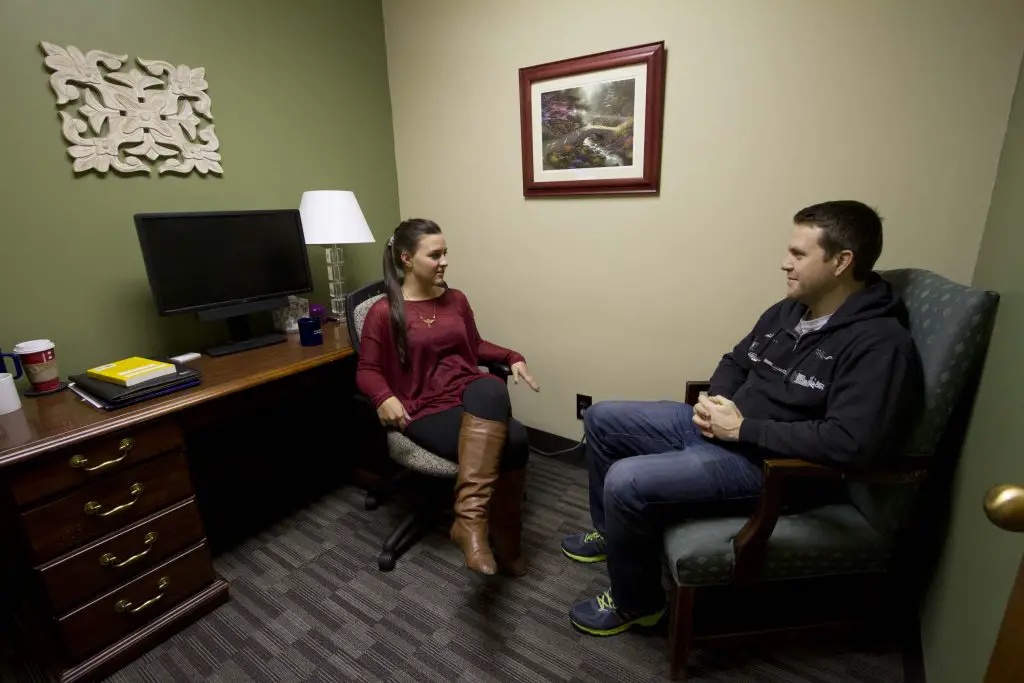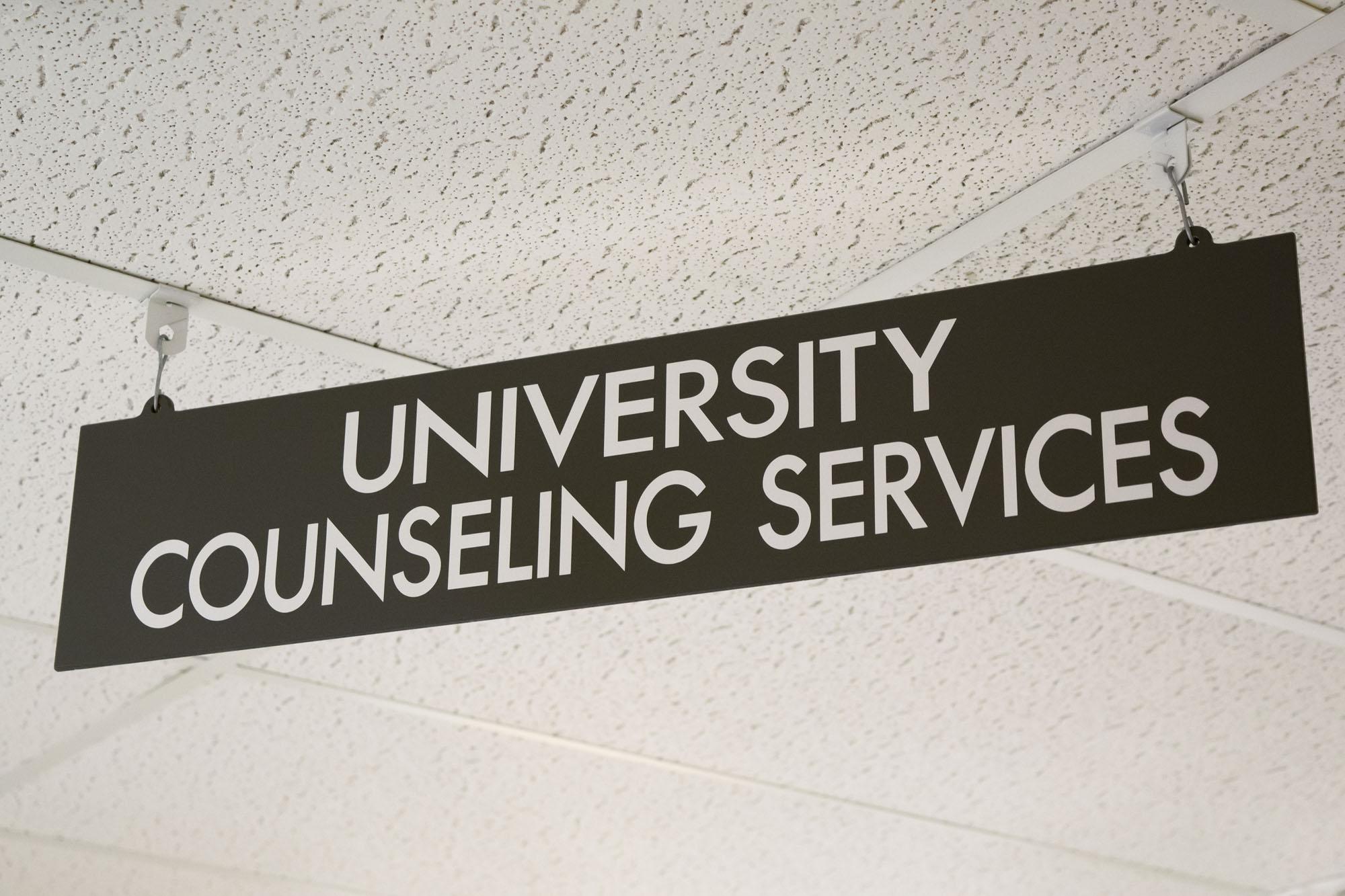In case no one has told you, college can be hella stressful. If one thing in your life comes crashing down, everything else can crumble as well.
Fortunately, most colleges are invested in maintaining their students’ mental health and offer services like counseling for no additional charge. So, if you feel as if everything is getting to be too much to deal with, take a trip down to your school’s mental health center and see what your options are.
If you decide to go with counseling, here are some important things to think about.
1. Be Open-minded
If you aren’t open to getting guidance from other people, your treatment isn’t going to help much. This might seem like a no-brainer, but it’s actually very important to how you respond to therapy.

When everything came crashing down on me, my roommate forced me to make an evaluation appointment, and, while I think that it was definitely beneficial, I was in a much better place mentally by the time my meeting rolled around, so I felt that I didn’t need therapy. But, because I was open-minded, I went anyway. Luckily, I clicked with my intake therapist, and that inspired me to come back.
2. Don’t Trust in Luck
If you like the person you had during your intake appointment, see if you can request them for your future appointments. The first therapist I saw understood my situation, didn’t seem to be judging my life choices and had a genuine interest in how events from my past had brought me to her office that day.
After that first meeting, I felt less anxious and even somewhat excited to start my sessions, and felt that they were going to be super helpful. However, once I actually got into the system, I was paired with a different person, and we definitely didn’t click.
3. Keep the Searchlight Shining
If you get paired with a therapist that you don’t feel a connection with on the first appointment, see if you can request someone else. I’m a person who gives people multiple chances, but, after the first few meetings, I knew my therapist wasn’t right for me.
Unfortunately, by that point, I was already halfway through the number of free sessions that my school provides, and I would have had to be put back on the waiting list, in addition to having to adjust to another therapist, so I felt that it was too much of a hassle.
4. When the Advice Ain’t Right
We all need guidance every once in a while, and it’s a therapist’s job to listen and help guide us so we can conquer our issues. That sure doesn’t mean that the person should be telling you how to live your life though, especially if they’re disregarding how you feel.
My therapist is set on the idea that a relationship will fix everything in my life, and even though it would be nice to have a companion, it’s just not something that I’m looking for right now, as I’m more focused on work and school. She wants me to give up work to pursue a relationship, but my job is also my coping device, and if I were to quit or significantly cut back my hours in the way she wants me to, my life would change drastically. Whenever we have this discussion, I leave her office feeling worse about myself than when I went in, and that’s the opposite of what’s supposed to happen.
5. Therapy Is a Process
Don’t go to therapy looking for a quick fix. Sure, we all want to get better as soon as possible, and everyone wants to know if there’s something more serious than stress causing us to act and think the way we do. However, going to a few sessions of therapy isn’t going to make your problems disappear, and a good therapist isn’t going to see you twice and have a diagnosis and prescription ready.
If they see you for all of a few minutes and try to tell you that they think you might be bipolar (which is actually how one of my first appointments went)—run! It’s good form for them to mention signs and keep an eye on certain behavioral patterns, but for someone like me, who’s super anxious and thinks about things too deeply, a surprise diagnosis and a quick fix can do more harm than good.
6. Are They Listening?
Make sure your therapist is listening to you. Again, it seems like a no-brainer, but it’s vital for them to address what is bothering you most.
There are some major issues in my life that my therapist hasn’t even begun to discuss with me. While I think my hostility and anxiety are important problems that would be worthwhile to explore, she seems more interested in other factors and why she thinks things are getting better. As a result, I feel like there’s something missing from my treatment.
7. Get It off Your Chest
Discuss whatever is on your mind, because that time is yours and not theirs. Even if the two of you don’t see eye to eye, it feels better to get everything out and know that it won’t leave the room if you don’t want it to.
If you’re stuck in a similar situation to mine and aren’t able to switch to a different therapist, this is one way to benefit from the experience. Therapy can be helpful as long as you make the most of it.

















